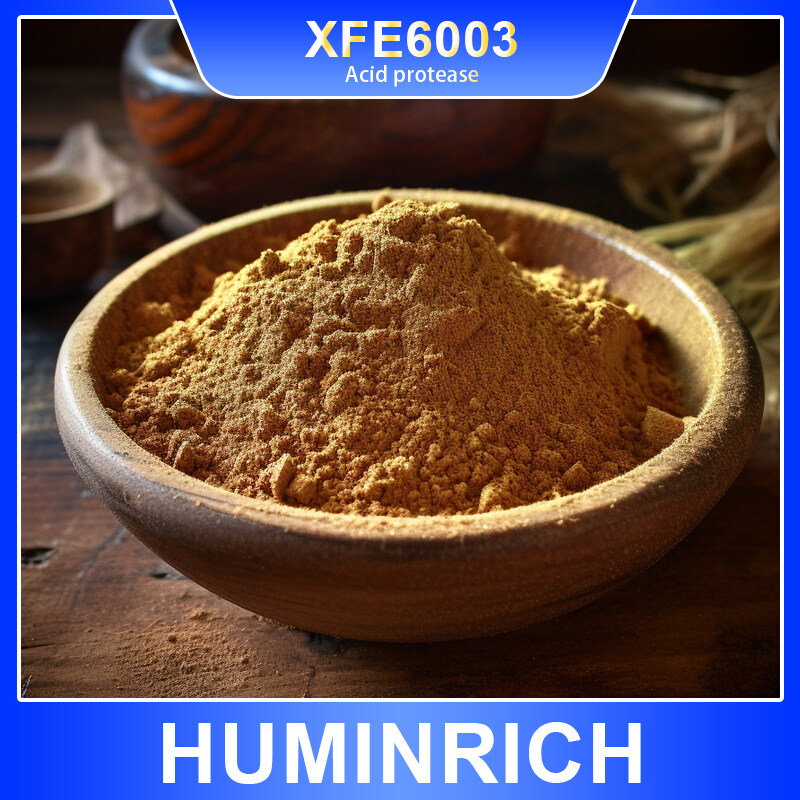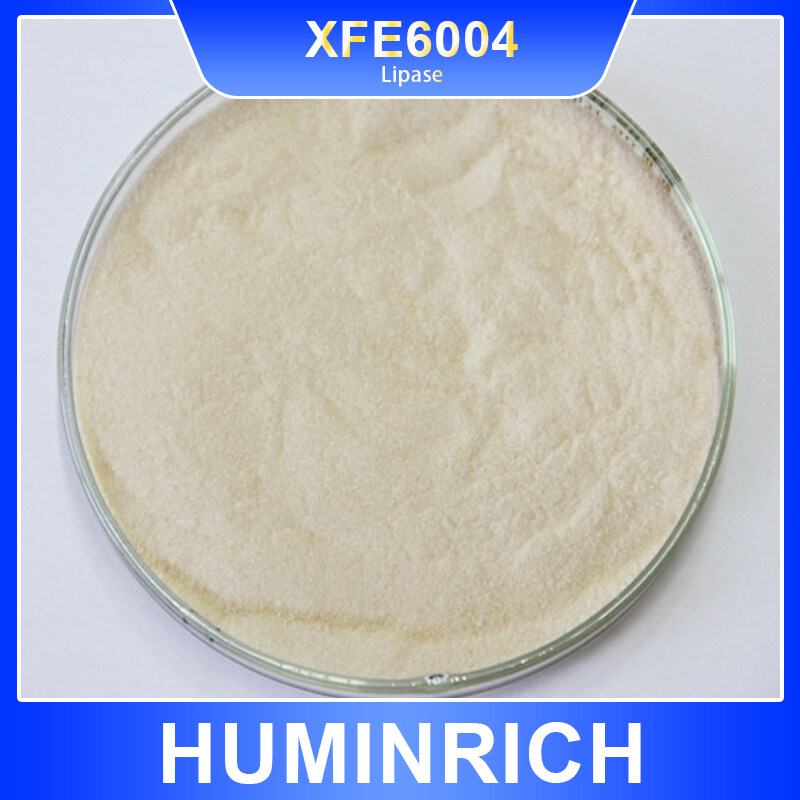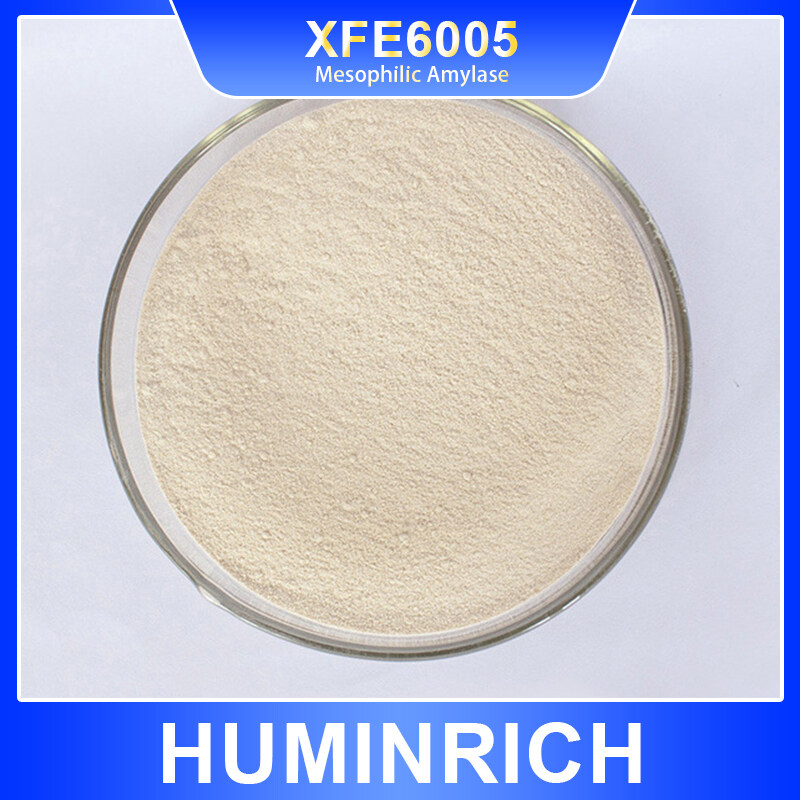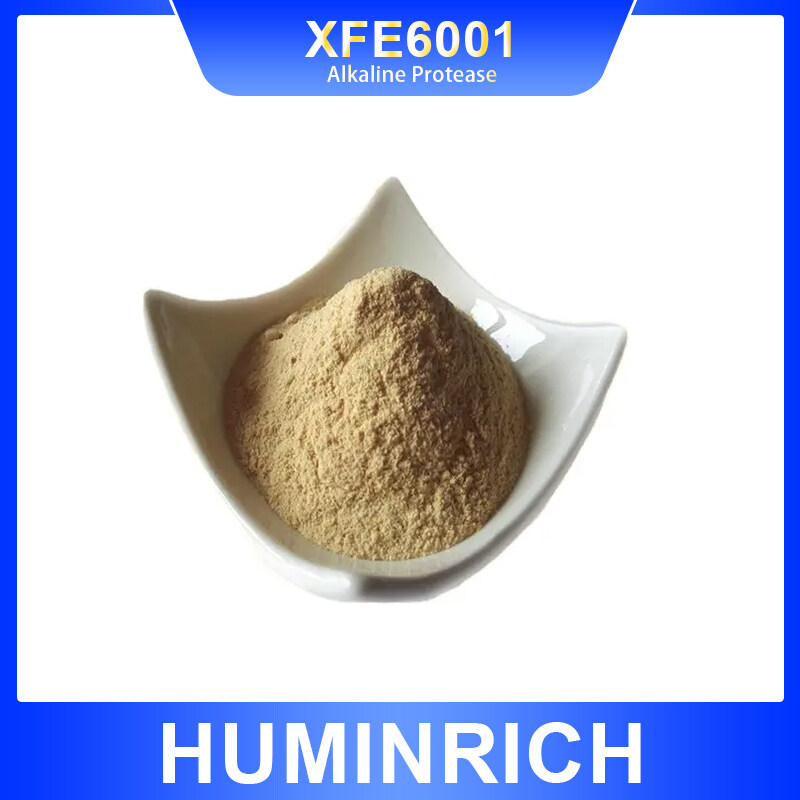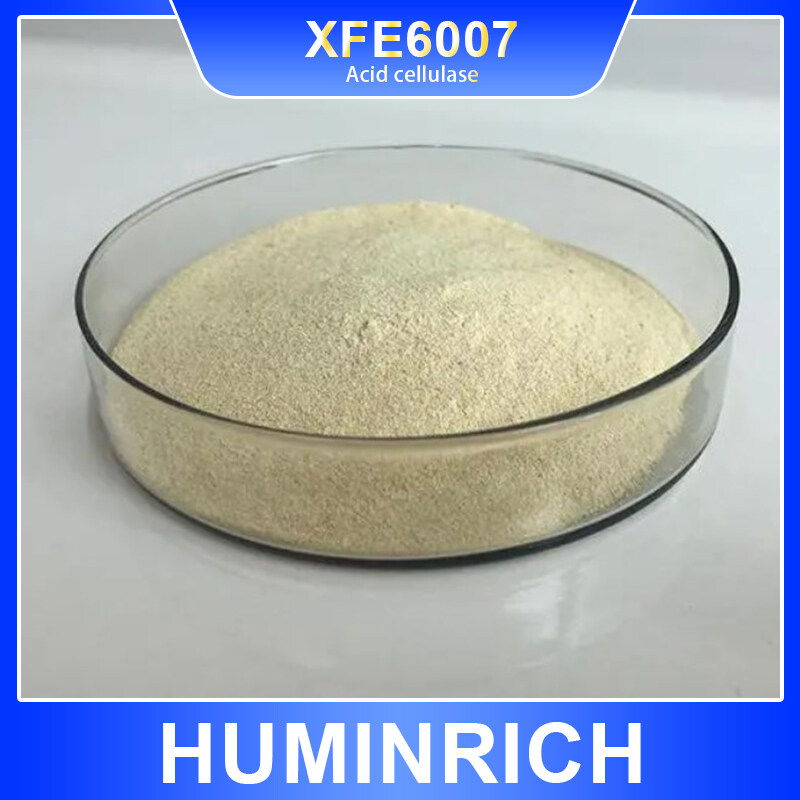Email format error
Email cannot be empty
Email already exists
6-20 characters(letters plus numbers only)
The password is inconsistent
Email format error
Email cannot be empty
Email does not exist
6-20 characters(letters plus numbers only)
The password is inconsistent
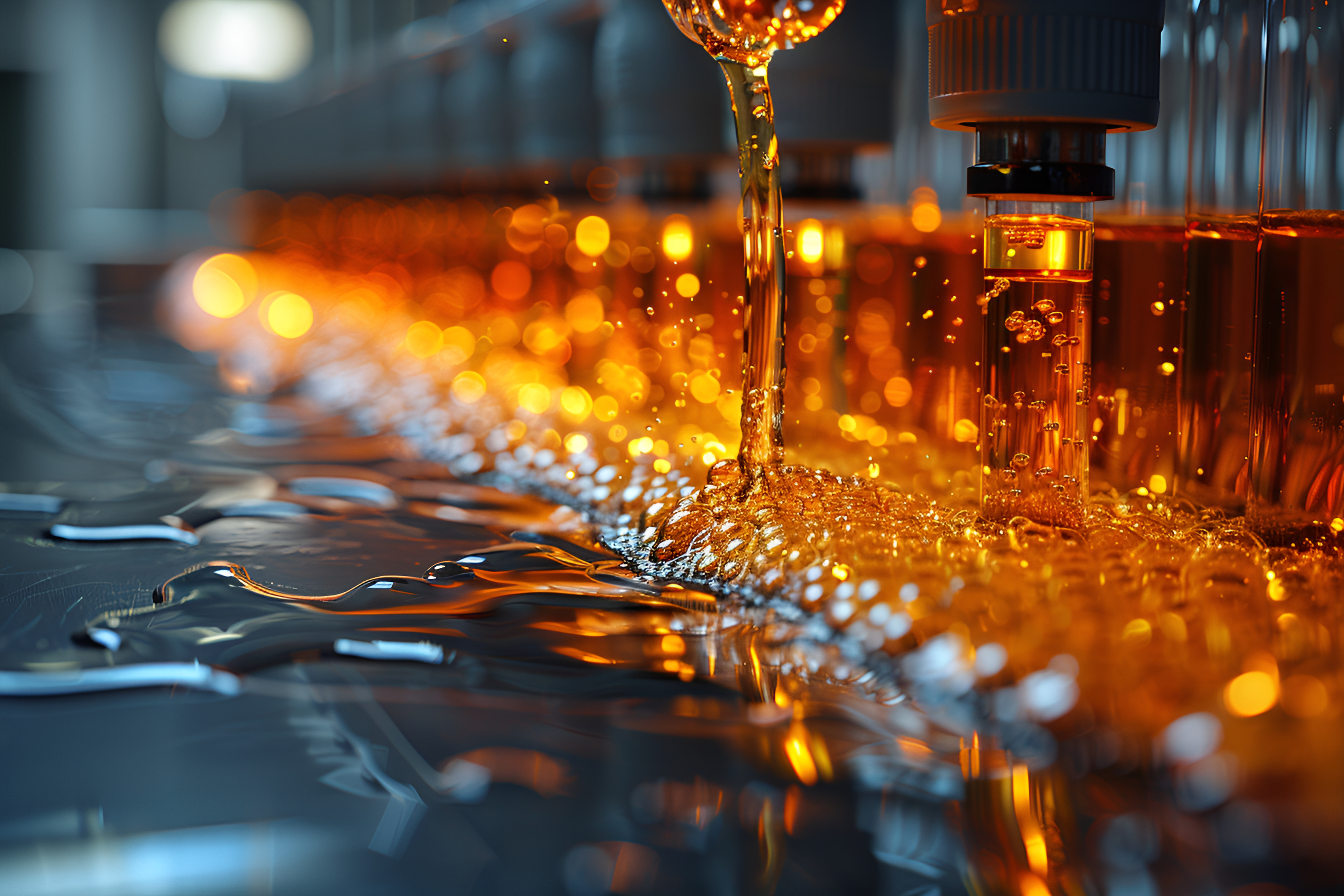
Acid protease Cas 9025-49-4
Acid protease is a highly efficient biocatalyst whose active center usually contains acidic amino acid residues, allowing it to effectively hydrolyze proteins under low pH conditions. Acid protease is a multifunctional biological enzyme that can effectively degrade proteins and is widely used in the decomposition and extraction of proteins. As a pharmaceutical digestive aid, it can be used as a digestive aid in the medical field. In addition, acid proteases play important roles in biotechnology and food industries, including DNA/RNA extraction, food processing, and leather treatment. In cosmetics and cleaning products, acid protease is also used in exfoliating and cleansing products.
Catalog of Enzyme Preparations
20240409
|
Type |
Model No. |
Chemical Name |
Activity (u/g) |
CAS No. |
|
Industry Grade |
XFE6001-1 |
Alkaline Protease |
200000 |
9014-01-1 |
|
Industry Grade |
XFE6002-1 |
Neutral protease |
50000 |
|
|
Industry Grade |
XFE6002-2 |
Neutral protease |
10000 |
|
|
Industry Grade |
XFE6003-1 |
Acid protease |
50000 |
9025-49-4 |
|
Industry Grade |
XFE6004-1 |
Lipase |
100000 |
9001-62-1 |
|
Industry Grade |
XFE6004-2 |
Lipase |
8000 |
9001-62-1 |
|
Industry Grade |
XFE6005-1 |
Mesophilic amylase |
4000 |
9000-90-2 |
|
Industry Grade |
XFE6005-2 |
Mesophilic amylase |
15000 |
9000-90-2 |
|
Industry Grade |
XFE6006-1 |
High Temperature Amylase |
40000 |
9001-19-8 |
|
Industry Grade |
XFE6007-1 |
Acid cellulase |
10000 |
9012-54-8 |
|
Type |
Model No. |
Chemical Name |
Activity (u/g) |
CAS No. |
|
Food Grade |
XFE6101-1 |
Natural protease |
100000 |
|
|
Food Grade |
XFE6101-2 |
Natural protease |
150000 |
|
|
Food Grade |
XFE6101-3 |
Natural protease |
200000 |
|
|
Type |
Model No. |
Chemical Name |
Activity (u/g) |
CAS No. |
|
Feed Grade |
XFE6202-1 |
Acid protease |
150000 |
9025-49-4 |
|
Feed Grade |
XFE6203-1 |
Natural protease |
50000 |
|
|
Feed Grade |
XFE6204-1 |
Alkaline protease |
200000 |
9014-01-1 |
|
Feed Grade |
XFE6205-1 |
α-amylase |
5000 |
9000-90-2 |
|
Feed Grade |
XFE6206-1 |
xylanase |
100000 |
9025-57-4 |
|
Feed Grade |
XFE6207-1 |
β-mannanase |
50000 |
37288-54-3 |
|
Feed Grade |
XFE6208-1 |
cellulase |
10000 |
9012-54-8 |
|
Feed Grade |
XFE6209-1 |
β-glucanase |
50000 |
9025-70-1 |
Acid Protease
【Definition of enzyme activity】 An enzyme activity unit is when 1g enzyme powder or 1ml enzyme solution hydrolyzes 1umol casein in 1 minute at 25°C and pH 3.0 to produce tyrosine, which is an enzyme activity unit (u/g or u/ml )
【Product specifications】 5000-100000 u/g, different energy products can be produced according to customer needs.
【Conditions of use】 Optimum pH value: 2.5-6.0; Optimum temperature: 30-50°C;
【CAS No.】9025-49-4
|
Appearance |
Brown powder |
|
Size |
40-60 mesh |
|
Activity (u/g) |
50000 |
|
Water Solubility |
70%-80% |
|
Carrier |
Anhydrous sodium sulfate |
|
Moisture |
10% Max |
|
Salmonella |
Negative |
|
Escherichia coli (per 100g) |
≤ 3000 |
|
Aflatoxin B1 (μg/kg) |
≤ 10 |
|
As |
<5ppm |
|
Pb |
<5ppm |
|
Hg |
<5ppm |
|
Cd |
<5ppm |
2. Product features:
High efficiency: Acid protease has high hydrolysis efficiency of proteins and can significantly increase the yield of target products.
Specificity: The enzyme has selective hydrolysis of specific protein peptide bonds, which is beneficial to obtaining peptides or amino acids with specific structures.
Stability: Acid protease has good thermal stability and pH stability, and is adaptable to a variety of industrial production conditions.
3. Production process:
Acid protease is usually produced by microbial fermentation. First, select a suitable microbial strain for culture, and then increase enzyme production by optimizing fermentation conditions (such as temperature, pH, nutrients, etc.). After the fermentation is completed, the enzyme liquid is separated from the bacterial cells through steps such as centrifugation and filtration, and finally the finished product is obtained through steps such as purification, concentration, and drying.
4. Process characteristics:
Raw materials are easily available: The raw materials for microbial fermentation are usually common carbon and nitrogen sources, which are widely available and cheap.
Environmental protection and energy saving: This production process produces less waste residue and waste water, is easy to process, and meets environmental protection requirements. At the same time, the energy consumption during the fermentation process is relatively low, which is conducive to energy saving and consumption reduction.
5. Product application:
Acid protease is refined by fermentation and refining of fine strains of Aspergillus niger. It can effectively hydrolyze proteins under low pH conditions and is widely used in alcohol, liquor, beer, brewing, food processing, feed addition, leather processing and other industries.
Pharmaceutical field:
Acid protease can be used to prepare peptide drugs with specific biological activities, such as antibacterial peptides, anti-tumor peptides, etc.
Health care field:
Acid protease can be used to develop health foods with functions such as regulating immune function and promoting digestion.
Cosmetic field: This enzyme can be used to prepare cosmetic raw materials with antioxidant, anti-aging and other effects, such as peptide antioxidants.
Food field:
Acid protease can be used to hydrolyze animal and plant proteins and improve the flavor and nutritional value of food. In addition, in alcoholic fermentation, this enzyme can promote yeast growth and increase the wine yield. Used to modify starch in food, improve food flavor and quality, and increase amino acid content.
Alcohol, liquor, and beer industries: Industrial grade acid protease is mainly suitable for the production of alcohol and liquor industries that use grain as raw materials. Used in alcohol fermentation, it can increase the wine yield, shorten the fermentation cycle and reduce energy consumption. In beer production, it can effectively block the production of diacetyl and shorten the beer maturation period.
Chemical industry:
The enzyme can be used to synthesize peptide compounds with specific structures and functions, providing a new source of raw materials for chemical production.
Feed field:
Acid protease can improve the nutritional value and utilization of feed, and promote the growth and weight gain of livestock and poultry. The feed-grade acidic protease in the feed hydrolyzes protein into peptides and amino acids in the stomach after being eaten by animals, promoting digestion and absorption, and improving feed utilization and feed return. Ability to break down peptide bonds in proteins. Breaks down and increases protein dispersibility, solubility, palatability and digestibility.
Agriculture:
The enzyme can be used for the biological transformation of agricultural waste, improving the utilization value of waste and reducing environmental pollution.
In general, acid protease, as an efficient biocatalyst, has broad application prospects in many fields. With the continuous development of biotechnology, the production technology and application fields of acid protease will continue to expand and improve.
6. Recommended dosage:
1. Alcohol industry: 200-320g/t raw material (enzyme activity is calculated in 50,000 units, the same below); the recommended dosage for beer processing is 100-200g/t raw material. The actual amount added depends on the raw materials and specific process conditions.
2 Food industry: Adding amount of 100-200g per ton of dry matter.
3 Feed additives: Add 60-200g per ton of compound feed (based on 50000U/g), or add appropriate amounts according to the feed formula.
4. Fur softening: First dilute the acid protease in proportion to make a softening liquid. After adjusting the water temperature to 35-40°C and the pH value to 3.0-3.5, soak the fur in the softening liquid for 6-20 hours for subsequent processing.
7. Precautions
1. Acid protease is a biologically active substance that is inhibited and destructive by heavy metal ions (Fe3+, Cu2+, Hg+, Pb+, etc.) and oxidants. Contact with it should be avoided.
2. It is recommended to wear protective equipment when using enzyme products; if enzyme powder or enzyme solution accidentally comes into contact with the eyes, causing tears and corneal redness, rinse with clean water first, then instill eye drops, and you will recover the next day. Allergy, itching, redness and swelling caused by contact with the face, eyelids and skin can be cured by applying Pikan Cream or Sanjiu Dermatitis Ping.
3. There may be color differences between different batches of products.
8. Product storage:
Moisture-proof, light-proof, sealed, stored at low temperature (0-10℃), shelf life is 24 months. There is a certain loss of enzyme activity during storage. The enzyme activity loss is 5-10%/6 months when stored at 10°C, and the enzyme activity loss is 10-15%/6 months when stored at room temperature.
9. Packaging, transaction method, delivery method, etc.:
Packaging: 1kg/25kg bag/drum with linner inside.
Payment method: Western Union; T/T; MoneyGram
Shipping method: Sea/Air/Domestic Shipping}
10. After-sales service/customized service/sample service:
Packaging customization: Customized services are provided for packages above 1000KG;
Sample service: samples are available;

